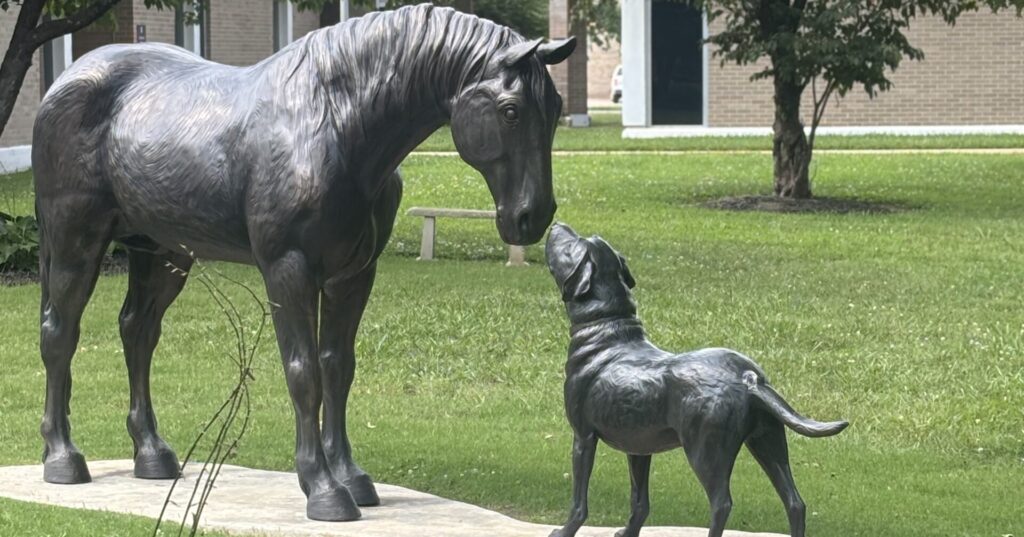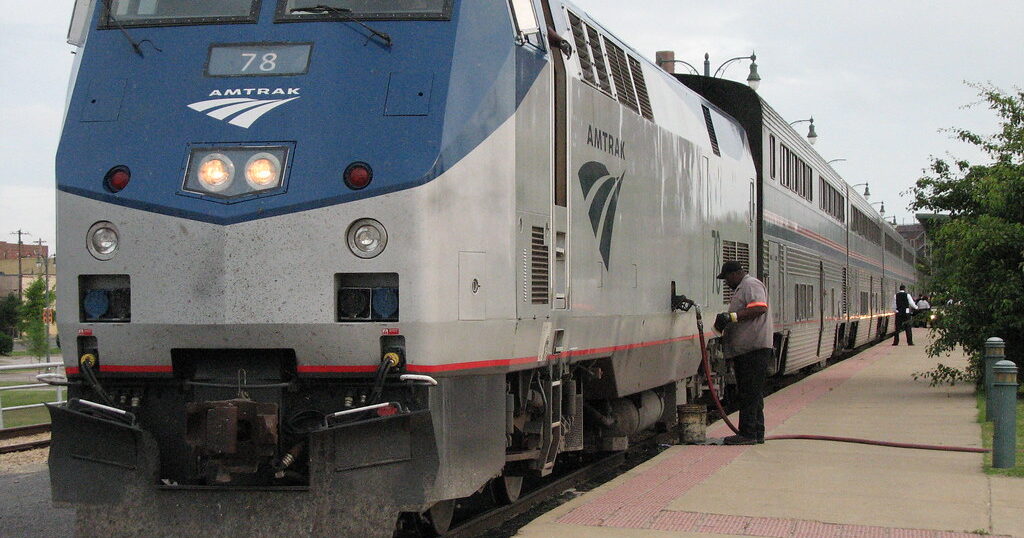Waterkeepers Alabama release fish consumption advisories map and hotline
Reading time: 3 minutes

Last month, the Alabama Department of Public Health (ADPH) released its annual list of fish consumption advisories across the state of Alabama. In total, ADPH issued 223 advisories within all nine watersheds across the state.
Now, on its face, “fish consumption advisories” might sound a little bureaucratic.
The information which is published annually by ADPH is all compiled and placed on a pdf file — HERE — buried in the midst of the ADPH’s huge website that provides info ranging from COVID-19 to the latest raccoon rabies biting incident.
But, Alabama’s annual list of fish consumption advisories is a big deal, especially if you regularly catch and consume fish in Alabama waters.
In fact, for anglers who feed their families and friends with fish caught in some of these waters, their life might depend on it.
Bottomline: Anglers — ALL OF US have a right to know where these advisories are located.
Interactive Map & Hotline
In an effort to keep anglers and their families safe and healthy, Waterkeepers Alabama, a coalition of the state’s Riverkeeper organizations, jumped into action, creating an easy-to-navigate interactive map detailing all 223 advisories.
Here is the embedded Google Map via Waterkeepers Alabama.
Don’t have access to the internet? The Waterkeepers have set up a free fish consumption advisory hotline (844) 219-RISK.
Why this Matters

According to the Waterkeepers, the ADPH annually issues the fish consumption advisories to warn anglers to limit or not to consume fish that are contaminated with dangerous pollutants like polychlorinated biphenyls (PCBs) and methylmercury. Many of the advisories warn the public not to eat any fish from the specific body of water, while others recommend only eating one or two meals per month.
“In Alabama, the River State, fishing is an important intergenerational tradition for our families. Our goal is to ensure everyone is aware of these advisories before they drop their lines into their local waterway,” said Justinn Overton, President of Waterkeepers Alabama and the Coosa Riverkeeper. “Even though multiple state agencies are involved in the testing and analysis process, many Alabamians are still left fishing for information to learn what these advisories mean for their health. We are grateful to help families reel in this important public health information across Alabama.”
Right to Know
Want to know more about the Angler’s Right to Know? Check out last year’s award-winning Southern Exposure Film about the subject.
Charles Scribner, executive director of the Black Warrior Riverkeeper, summed up the Waterkeeper’s efforts best.
“Waterkeepers do not want to discourage anyone from fishing, a great pastime, tradition, and way for folks to connect to the waterways we protect. We are eager to promote the Fish Guide hotline because we do want Alabamians to be able to make informed decisions about eating certain fish they catch.”







